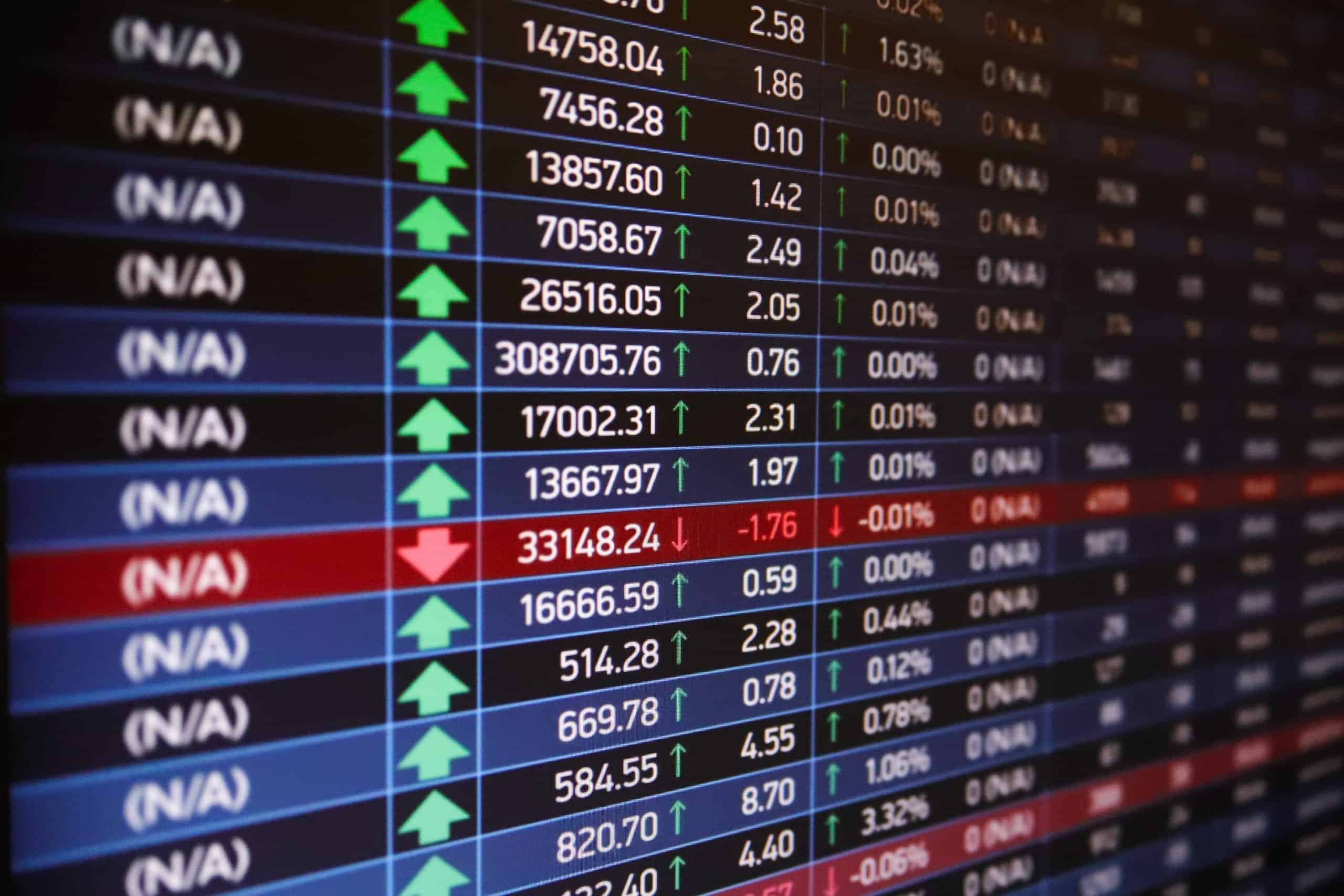The Gulf financial markets began their week on a decline due to the increased infections with the new Covid-19 variant Omicron and the decline in oil prices — the primary catalyst for the financial markets in the Gulf.
But the Gulf financial markets ended 2021 on the rise, waiting to achieve significant gains next year, accompanied by the economic recovery, the increase in oil prices, and lower concerns about the repercussions of the virus.
In this context, it should be noted that the Abu Dhabi index achieved the best annual performance since 2005, as it rose by more than 68 percent in 2021.
Meanwhile, the Dubai Stock Exchange index increased by 28.3 percent.
The Saudi index also achieved gains for the sixth consecutive year, rising by 30 percent in 2021.
0.7% increase after a week of losses
Saudi Arabia’s main index (TASI) fell by 0.2 percent on Sunday, December 26, mainly due to a 0.3 percent drop in Al-Rajhi Bank and a 0.6 percent drop in the Saudi National Bank share.
A 0.7-percent drop on Monday brought Al-Rajhi Bank’s stock down another 0.6 percent, while Saudi Arabia’s largest bank, the National Bank of Saudi Arabia, fell by 1 percent.
A boost in oil prices and a decrease in concerns about the likely impact of the Omicron variant on the global economy pushed the Saudi stock index up 1.4 percent on Tuesday, with Al-Rajhi Bank up 2.9 percent and the Saudi Basic Industries Corporation (SABIC) up 1.7 percent.
The SABIC stock price fell 1.7 percent, while Al-Rajhi Bank’s share price fell 1.4 percent.
On Wednesday, TASI fell more than one percent and gained 0.7 percent on Thursday, reaching 11,282 points.
The Abu Dhabi index
The Abu Dhabi index fell 0.3 percent on Sunday, December 26, with the Abu Dhabi Islamic Bank decreasing by 2 percent and the First Abu Dhabi Bank 0.7 percent.
The index continued its decline on Monday by 0.1 percent, affected by a 0.7-percent decrease in the shares of Alpha Abu Dhabi Holding.
The UAE’s largest lender, the First Abu Dhabi Bank, saw its stock price fall 0.9 percent on Tuesday as the Abu Dhabi index fell another 0.2 percent.
As for Wednesday, the index regained its earnings, rising by 0.7 percent, supported by increases of 1.6 percent for the share of the International Holding Company.
The index closed its year rising 0.5 percent on Thursday.
Solid week for Dubai index
The Dubai Financial Market index remained flat on Sunday, December 26, but rose on Monday (by 0.1 percent, supported by a 0.4-percent increase in Emaar Properties.
The main index of shares in Dubai continued to rise on Tuesday and increased by 0.3 percent, supported by the rise of the leading share of Emaar Properties by 1.2 percent and Dubai Islamic Bank by 0.4 percent.
As for Wednesday, the index fell by 0.8 percent, rebounding from four consecutive sessions of gains, affected by a 1.1 percent drop in Emirates NBD shares and a 0.7 percent drop in Dubai Islamic Bank’s share.
It regained its profits on Thursday and rose 0.7 percent to end the year with a positive performance.








